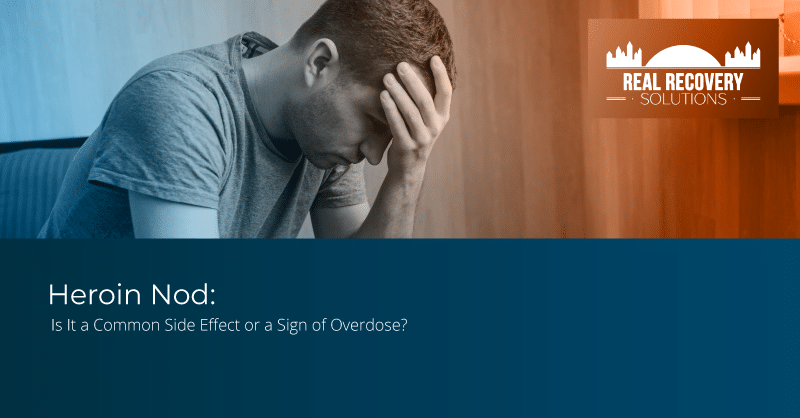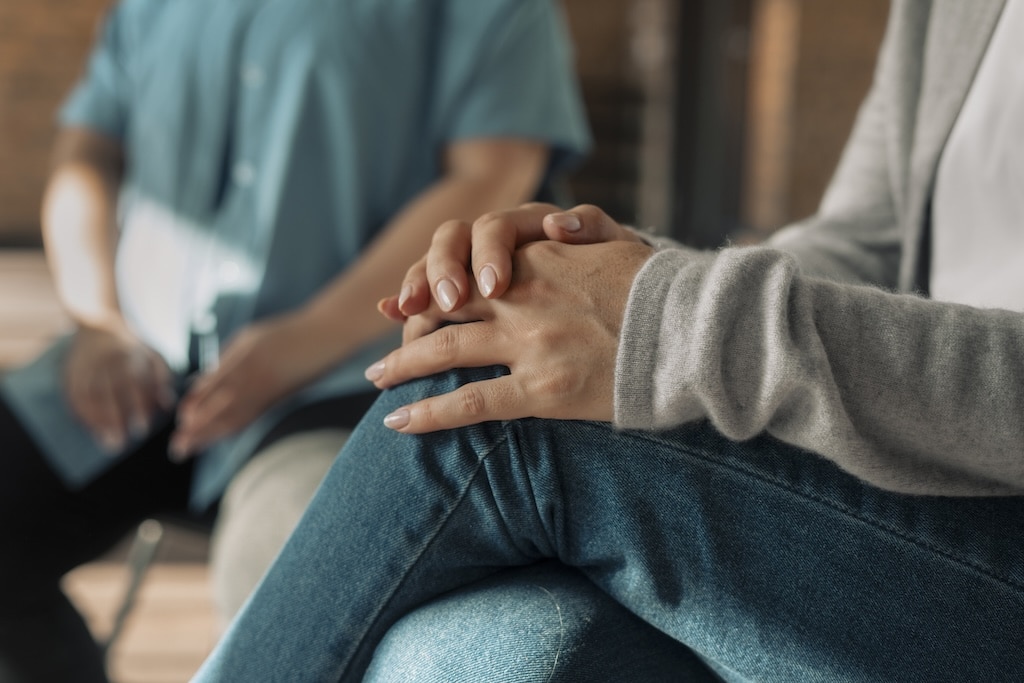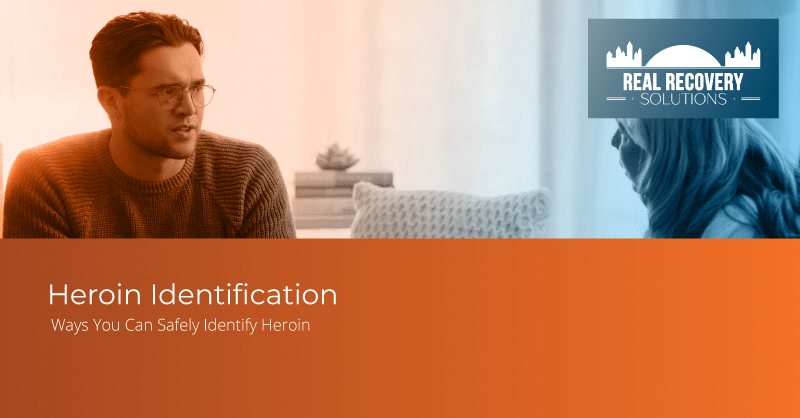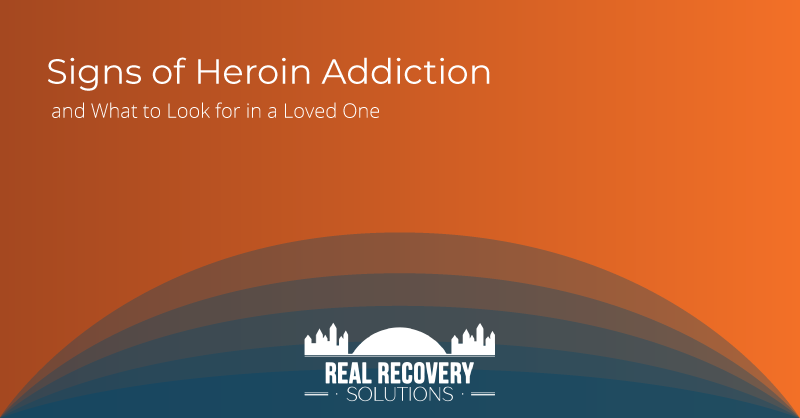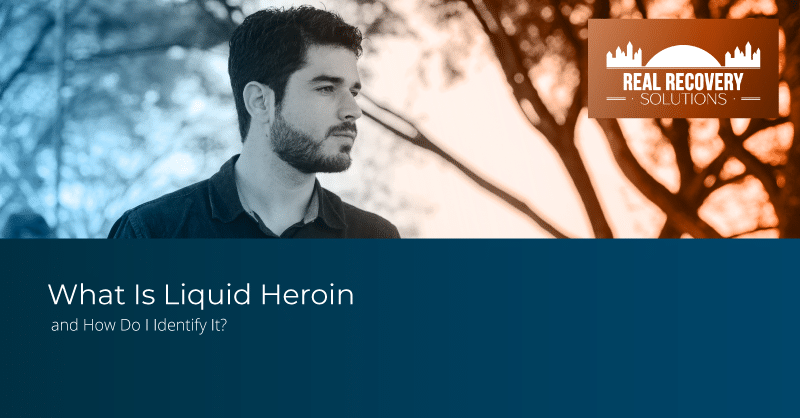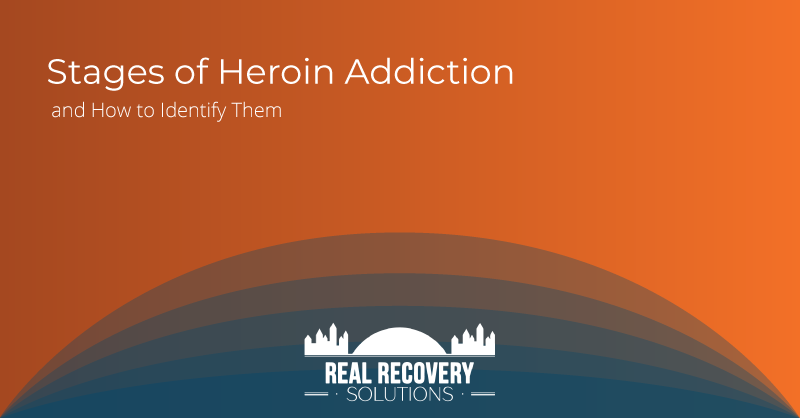Have you ever lost consciousness without warning? Have you watched it happen to a loved one?
The heroin nod is what it’s called when you begin to lose consciousness after taking the opioid. It happens often and can put you and your loved ones in dangerous situations. In more severe cases, nodding out can be a sign of a heroin overdose.
If you or someone you love has taken heroin, you’re not alone. It’s estimated that 42,000 people in Florida took heroin in 2021.
At Real Recovery, we want to make sure you have all the information you need about heroin and other illicit substances. This way, you know what heroin use disorder looks like in yourself or someone else. We’ll be here to provide comprehensive support when you need it.
What Is Nodding Out? Understanding the Term Heroin Nod
A heroin nod, or “nodding out,” occurs when you begin to drift in and out of consciousness as a result of taking the substance. This is one of the most common signs of heroin addiction.
Nodding off is your body’s reaction to heroin. Heroin is a semi-synthetic, illicit opioid derived from the opium in poppies. It works as a depressant, slowing down the body’s nervous system. Heroin also floods the brain with a feel-good chemical, known as endorphins, which reduces stress and pain.
When your central nervous system slows down, so does your entire body, including major organs like your brain, heart, and lungs, which makes you extremely tired. The high levels of endorphins in your brain will produce feelings of euphoria. Essentially, heroin causes you to feel warm, drowsy, and euphoric, which makes it difficult to maintain consciousness.
It’s called nodding or being “on the nod” because of the movement you make with your head as you drift in and out of consciousness. Your head will begin to droop down, and your eyes will begin to close. If you’re like most people, you’ll try to pull your head up and keep your eyes open as you fight off unconsciousness. This creates a kind of nodding motion.
Nodding off looks a lot like someone dozing. However, if you or someone you know is nodding off due to heroin, they may drop off mid-conversation or lose consciousness while sitting up.
The Dangers of Nodding Out on Heroin
Nodding off offers a sort of escape – it may even sound pleasant, which is part of how people get addicted to heroin. The truth is that nodding out on heroin can be extremely dangerous, both for you and for those you’re with.
For one thing, nodding off on heroin can last for hours, even after the initial high has worn off. If you take multiple doses to extend the high, you could end up with nodding symptoms that last for a while, even after you feel mostly normal.
The thing that makes nodding particularly dangerous is that it’s an involuntary reaction. This means that you can’t control it when it happens, even as you fight to stay conscious. In situations where you have to be responsible for the well-being of yourself or others, things can be especially dangerous. For example, if you’re driving, operating machinery at work, or acting as a caregiver, nodding off can have extreme consequences.
Over the long term, regularly nodding out can have many consequences that go beyond the immediate health and safety risks posed by heroin consumption. It could impact your work performance, negatively affect your mental health, and cause problems in your close relationships.
Is Nodding off a Sign of Potential Overdose?
While many people nod off without experiencing an overdose, losing consciousness is a symptom of a heroin overdose.
A heroin overdose occurs any time you or someone else takes more heroin at one time than their body can handle. An overdose becomes even more likely when your heroin is laced with another opioid, like fentanyl, which is as much as 100 times more potent than traditional heroin. Heroin and other substances are sometimes laced with fentanyl because it’s cheap to produce and produce, increasing their profit margins.
There are three core signs of an overdose to look out for, also known as the “opioid overdose triad.”
These include:
- Falling in and out of consciousness (nodding)
- Slowed or stopped breathing
- Very small or pinpoint pupils
Because nodding happens outside of an overdose, it’s often written off. However, it is often one of the first signs of overdose.
Other common signs of an overdose include:
- Blue or purple fingernails or lips
- Slow heartbeat
- Clammy skin
- Vomiting
- Difficulty walking
- Dizziness
- Gurgling noises
- Difficulty talking
- Confusion
Not everyone will experience every symptom during an overdose. If you or someone you love is experiencing an overdose, it’s important to get medical attention right away. Overdosing is extremely dangerous; without proper medical attention, it can result in brain damage or even death.
What to Do When Someone Gets the Nods
You may be reading this because you’re concerned about a loved one you believe could be taking heroin. If that’s the case, it’s important to know what to do if you’re with someone and they begin to lose consciousness.
What you should do when someone gets the nods depends on context. In some cases, nodding in and out of consciousness is a normal side effect of heroin, and the person you’re with will gain consciousness as the effects of the substance wear off.
However, since losing consciousness is a symptom of an opioid overdose, it’s always better to act as though the person you’re with is experiencing a medical emergency.
If someone you’re with loses consciousness, and you’re concerned they could be overdosing, this is what you should do:
- Call 911: If you have any concerns that someone you’re with is experiencing an overdose, you should call emergency services immediately. Provide them with any information you have, including where you are, how much you believe your loved one has taken, and any symptoms you’ve noticed. Remember that Florida’s Good Samaritan Law prevents you from being charged for having or taking heroin when you’re calling for help.
- Check for other signs of an overdose: Put a hand above their mouth to see if they’re breathing normally. Lift their eyelids to see if their pupils are small. Consider other potential symptoms listed above.
- Administer naloxone if available: Naloxone will reverse the effects of an overdose. You can get naloxone mailed to you for free through the Florida Harm Reduction Collective. The distribution organization they partner with also provides free naloxone training videos.
- Stay with them until help arrives: If you’re with someone who’s unconscious or has overdosed, you should never leave them alone. Place them in the recovery position if possible, and stay until emergency workers arrive so you can tell them about any steps you’ve taken and answer any questions they may have.
How to Prevent Heroin Nods
Since heroin nods are an involuntary, bodily reaction to consuming the substance, there isn’t an effective way to stop them after you’ve taken heroin. That being said, the best way to prevent heroin nods is to avoid taking heroin in the first place.
Depending on where you are in the stages of heroin use disorder, it can be extremely difficult to stop taking heroin on your own. That’s very normal. A supportive, evidence-based treatment program can help you or your loved one heal from heroin use disorder.
Finding the right program for you is essential to finding lasting success in recovery.
Get Treatment for Heroin Addiction at Real Recovery in Tampa, Florida
The heroin nod is just one of the side effects of heroin. However, it can be disconcerting to experience and downright frightening to witness.
If you’re living with a heroin use disorder, you can get better. The right heroin addiction treatment will provide you with the tools you need to find real results in recovery. When looking into treatment options, you should look for programs that provide a combination of proven therapies, skill-based learning, and 12-step programming.
Real Recovery Solutions is Florida’s largest sober living network. Between our numerous treatment facilities and sober living homes across the Sun Coast, there’s a spot for you or your loved one in the Real Recovery community. If you’re ready to commit to recovering from heroin use disorder, we’re ready to help you get there. Call us at 813-373-6762 to learn more about how we can help today.
Real People. Real Solutions. Real Results.

